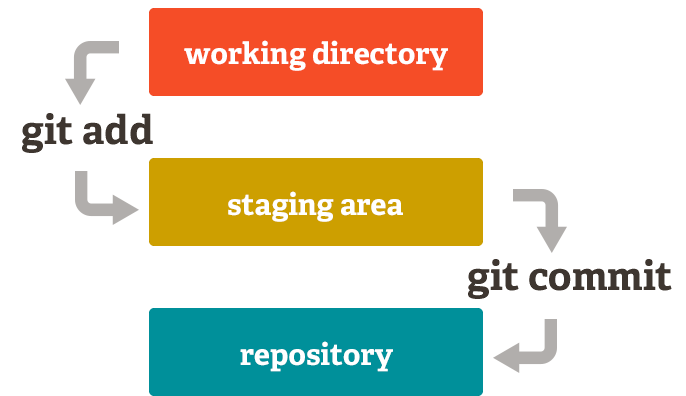
GitHub Desktop is what happens when GitHub gets tired of developers constantly asking "how do I revert this commit?" on Stack Overflow. It's their free, open-source attempt to put a friendly face on Git's legendarily hostile command line interface.
Built on Electron (yes, it'll eat your RAM like a hungry hippo), GitHub Desktop turns the most commonly-fucked-up Git operations into point-and-click actions. Works great until you hit an edge case, then you're back to the terminal cursing the day you thought a GUI could save you from Git's sadistic complexity.
When GitHub Desktop Actually Shines

Visual Diffs That Don't Suck: The side-by-side diff view is legitimately better than staring at git diff output. Stage individual lines without learning git add -p, and the syntax highlighting actually works. Perfect for those "what the hell did I change?" moments at 3 AM.
Branch Management for Mortals: Creating branches doesn't require remembering whether it's git checkout -b or git switch -c this week. The branch visualization shows you where you are without deciphering git log --graph hieroglyphics.
Unfucking Your Commits: The drag-and-drop commit reordering is brilliant for cleaning up your messy development history before your tech lead sees your "fix typo", "actually fix typo", "fuck it just works now" commit sequence. Way easier than interactive rebasing, which is basically Git's way of asking "are you feeling lucky, punk?" while pointing a loaded gun at your feature branch.
AI-Powered Commit Messages: As of GitHub Desktop 3.5 (June 2025), GitHub Copilot integration automatically generates commit messages from your changes. One click gets you a coherent commit message instead of "fix stuff" for the hundredth time. Sometimes it nails exactly what you changed, other times it writes poetry about your refactoring like Shakespeare discovering CSS. Still beats writing commit messages while your brain runs on fumes and caffeine.
The Reality Check
Works on Windows 10+ and macOS 10.15+, though Windows users report more crashes. The GitHub integration is seamless because it's literally GitHub's app - you can create pull requests without opening a browser tab for the first time in years.
But here's the thing: it's perfect for teams with mixed Git skill levels. Junior devs won't accidentally force-push and nuke the main branch, and senior devs can still drop to terminal for complex merges. It's Git with guardrails, not Git with limitations.
Best for GitHub workflows, less useful if you're stuck with GitLab or Bitbucket. The stash management is actually intuitive, unlike command-line stashing which feels like playing Russian roulette with your uncommitted changes.
So yeah, GitHub Desktop won't replace your terminal for everything, but it'll save your sanity on the daily grind. Now let's see how it stacks up when you put it next to the other Git GUIs that are probably also installed on your machine collecting dust.
